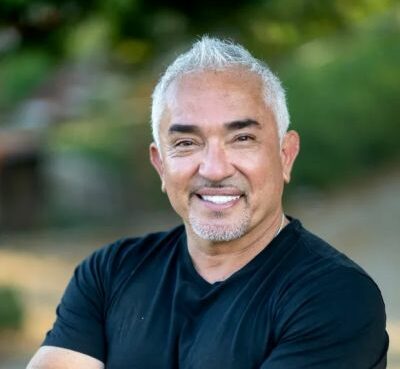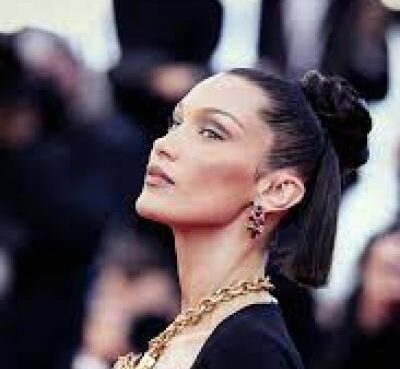For the longest time, Johannes Radebe had kept a part of himself hidden in the shadows. His distant relatives from far-flung corners of South Africa, as well as his followers, have long wondered whether he had a wife. Those who realized he didn’t have a wife would ask an even tougher question: “Why?” Well, earlier this year, the South African dancer and reality personality addressed any and all doubts regarding his marriage, or lack thereof, by donning a pair of black leather high-heeled boots and taking over the Strictly Come Dancing stage.

Quick Facts
| Full Name | Johannes Radebe |
| Nick Name | Johannes |
| Birthdate | April 27, 1987 |
| Age | 36 years |
| Birth Place | Zamdela, South Africa |
| Famous as | Strictly Come Dancing |
| Profession | Dancer |
| Nationality | South African |
| Is gay? | Yes |
| Is married? | No |
Why Does Johannes Radebe not have a Wife?
“Not only was I the first male dancer in the show’s history to perform in heels, but this dance was also my method of coming out,” Radebe wrote in an exclusive Metro piece. Growing up in South Africa, the dancer said that his family was always aware of his “specialness,” but they never behaved as if there was something wrong with the way he was. He was thankful that his family did not force their views on sexuality on him, whether homosexual or straight. He was always let to be a youngster and was welcomed for who he was.
While homophobia was prevalent in the outside world, and he was subjected to bullying, his home, family, and the dancing studio provided him with a safe haven. “It was a secure place where I could be myself,” he wrote. Radebe never felt the need to come out publicly to his mother or friends since he was nurtured in a caring and nurturing atmosphere. Still, Radebe knew that the minute he hit the stage in those heels with his “Pose” fan dancing to a performance of Blondie’s “Rapture,” it would send a loud and obvious message to the globe. Everyone would realize he was homosexual.
Johannes Radebe was fortunate to have unwavering support.
On the other hand, despite his mother’s consistent support for him his whole life, he still felt guilt in confessing that he was homosexual. His apprehension originated from the fact that others in the neighborhood had not been fortunate enough to be welcomed by their family. “I watched my friends come out to their parents and be abandoned and rejected,” he said, “and I saw youngsters become homeless overnight because they were discovered doing something with someone of the same sex.”

Radebe hurried home to his mother after the spectacular performance to have “the chat.” He sat her down and said that he didn’t want to embarrass her or his family by confessing he was homosexual. The adoring mother informed her son that he was mistaken to believe that being who he was would be embarrassing. In his moment of acceptance, Radebe did not turn a blind eye to others who had not been so fortunate. “I would tell to them that blood does not necessarily imply family,” he confirmed. He reminded others, other closeted LGBTQ+ people, that if their family wasn’t accepting of who they were, there was a whole community waiting for them with welcoming arms.




